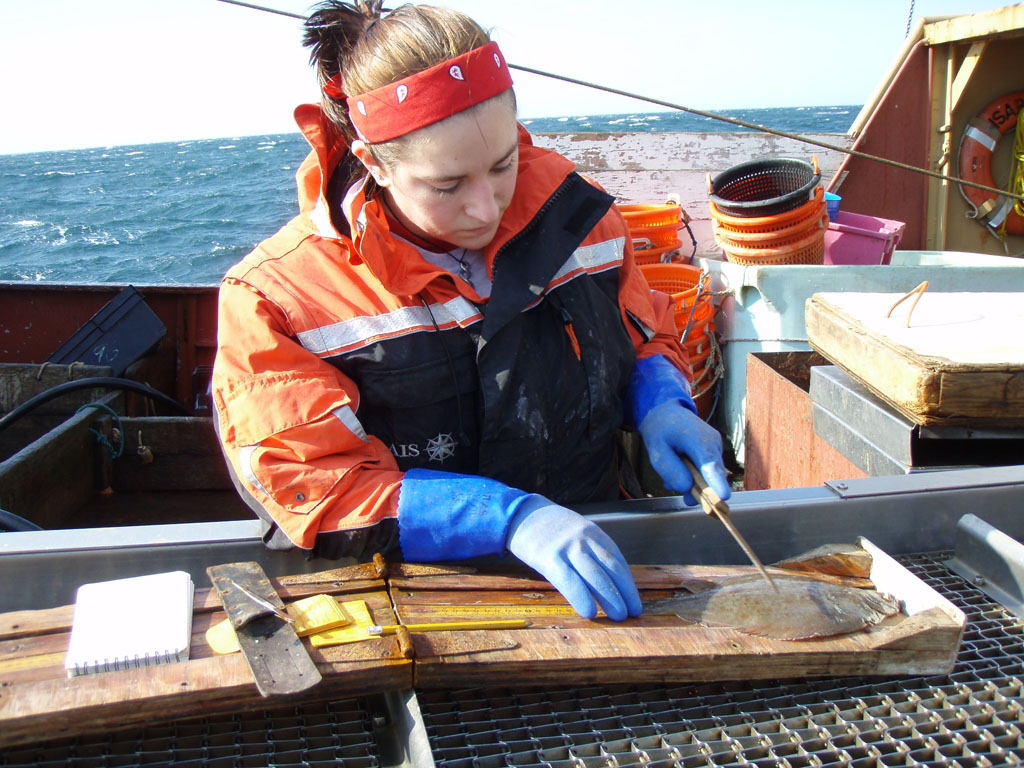A group of New Hampshire fishermen, led by David Goethel of Hampton, N.H., are petitioning to have their lawsuit against NOAA over at-sea monitors decided by the U.S. Supreme Court.
Goethel, a 2004 NF Highliner, filed the original suit in December 2015. He’s since been joined by the Northeast Fishery Sector 13, which represents fishermen from Massachusetts to North Carolina. Cause of Action Institute, a conservative legal group in Washington, D.C., that has filled an unrelated suit with NOAA over employee chat records has also picked up legal support of the Goethel case.
The cost for at-sea monitors, which has shifted to the fishermen, comes out to around $700 per day a monitor is required.
Goethel says that cost will destroy fishing businesses in the region.
“After 30 years of fishing, I can’t afford to fish any longer if I’m forced to pay for at-sea monitors,” Goethel said in a statement. “These regulatory costs will devastate small-boat fishermen like myself. The Supreme Court may be our last hope to save an industry that for centuries has provided a living for fishermen in New England.”
The lawsuit was first rejected by U.S. District Court Judge Joseph Laplante in July 2016, and a First U.S. Circuit Court of Appeals panel in Boston affirmed that ruling in an appeal this spring.
According to COAI, the suit was dismissed by lower courts because the original lawsuit was filed well after a 30-day deadline for challenging the regulation. The petition questions whether an email setting a date certain for regulated entities to incur costs qualifies as an “implementing action” under Section 1855(f)(2) of the Magnuson-Stevens Act and argues that the case has yet to be addressed on merit.
“Our clients deserve an opportunity to be heard on the merits,” said Julie Smith, Cause of Action Institute’s vice president. “Fishermen who have done nothing wrong should not be put out of business by an unlawful regulation.”
The petition requires the support of four Supreme Court justices to be accepted by the court, and it could take up to a year for the court to decide if it will hear oral arguments in the case.







